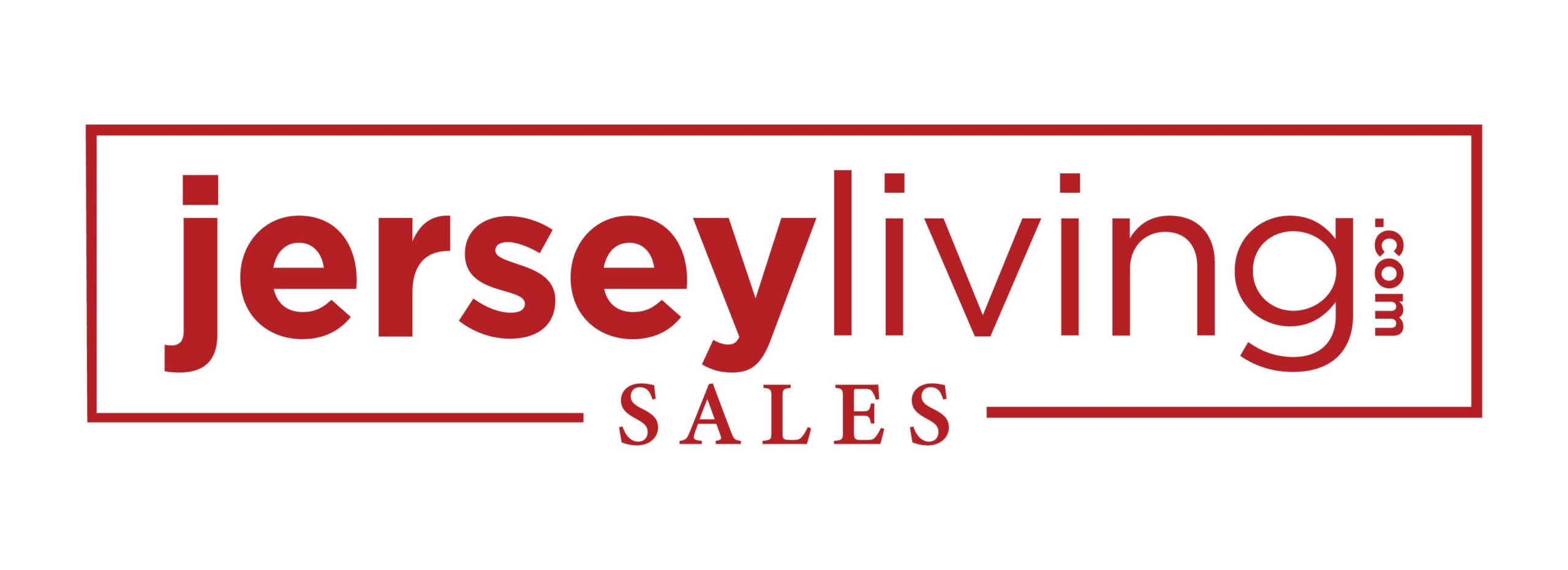1031 Exchanges Made Easy
Are you ready to take your real estate investment game to the next level? If so, you have likely come across the term “1031 exchanges” during your research. 1031 Exchanges have sparked the curiosity and inquiries from countless investors, which has prompted us to share some valuable insight that will undoubtedly be helpful to you. Here at JerseyLiving, we understand the importance of providing reliable information, which is why we have enlisted the expertise of Marissa LoCascio at 1031 CORP to share a few tips and tricks. Read on to see what you can learn about 1031 exchanges.
Imagine being able to defer your capital gains taxes when selling an investment property and reinvesting the proceeds into a new property. That is exactly the power of a 1031 exchange. Using this strategy has been a game changer for investors, including one of our own agents in Philadelphia, Hansel Akers. Hansel’s personal experience with 1031 exchanges has driven his success, and led him to be passionate about assisting clients in maximizing their investment’s. There are many benefits to a 1031 Exchange that can help you with many short and long term real estate objectives. This would include immediate tax deferral, the ability to acquire real estate with pre-tax dollars, long term appreciation on the tax deferral, increased income potential, as well as is an exit strategy for business owners. These are just a few of the many benefits that come with doing a 1031 Exchange.
Below we share 1031 CORP.’s requirements for a successful exchange:
- Note: in New Jersey, to complete a 1031 Exchange, you must complete a form at closing if the seller is a non-resident of New Jersey. The client can still do a 1031 exchange and defer the state tax but they must fill out the GIT-REP 3 to indicate this is part of a 1031 exchange. This is a step that is unique to New Jersey.
- Like Kind Property: The property being sold and the property being acquired must both be classified as “like kind” within the guidelines of the IRS. Remember, this refers to the nature and character of the property, not its form
- Identification Period: Within 45 days of closing on your old property, you must identify potential replacement properties. The IRS allows for three identification options, and it is crucial to adhere to the specified deadlines
- Purchase Period: The identified replacement property must be purchased and the exchange must be completed within 180 days of selling the original property. Timing is essential, so it is vital to work closely with a qualified intermediary to ensure a seamless transition
- Property Owner: Both the relinquished and replacement properties must be owned by the same taxpayer
- Equity: The replacement property must be of equal or greater value and equity than the relinquished property. A trade down in either equity or value is taxable
- Facilitation: A Qualified Intermediary (QI), such as 1031 CORP., must be used to facilitate the transaction. A QI is an independent party that has not acted as your real estate professional, attorney, accountant or financial advisor within the past two years and is not your employee, partner or close relative.
You’ve just unlocked the key to leveraging the benefits of 1031 exchanges in your real estate investment endeavors. Please note that while we strive to provide accurate and up-to-date information, the material presented in this article is for informational purposes only. However, we understand that this topic can be complex, and you might have additional questions. Consulting a qualified professional or legal advisor is highly recommended for specific guidance tailored to each unique situation. Please contact Marissa LoCascio at 610.792.4880 if you have a 1031 exchange need. Don’t hesitate to reach out to an agent on our team who specializes in 1031 exchanges. You can contact JerseyLiving and we will connect you with an agent who can assist you. We’re here to guide you through the process, discuss your investment goals, and help you make informed decisions.


